Calls grow for ending 'hell on earth' as Arab states reaffirm commitment
The international community and humanitarian agencies have warned Israel not to attack Rafah, but to end "hell on earth" and prevent a looming "man-made famine "in Gaza, as several Arab countries reaffirmed their commitment to the Palestinian people.
On March 24, Philippe Lazzarini, commissioner-general of the United Nations Relief and Works Agency for Palestine Refugees in the Near East, or UNRWA, shared on social media that the "main lifeline" for Palestinian refugees was "denied from providing lifesaving assistance to northern Gaza".
"Despite the tragedy unfolding under our watch, the Israeli authorities informed the UN that they will no longer approve any UNRWA food convoys to the north. This is outrageous and makes it intentional to obstruct lifesaving assistance during a man-made famine. These restrictions must be lifted," Lazzarini wrote on X.
The UNRWA is the largest organization with the highest reach to displaced communities in Gaza. "By preventing UNRWA from fulfilling its mandate in Gaza, the clock will tick faster toward famine and many more will die of hunger, dehydration, and lack of shelter," he added.
Echoing similar sentiments, UN Under-Secretary-General for Humanitarian Affairs and Emergency Relief Coordinator Martin Griffiths responded to Lazzarini's posts saying he had urged Israel to lift all impediments on aid to Gaza but lamented that "more impediments" were added instead.
"The decision to block its food convoys to the north only pushes thousands closer to famine. It must be revoked," said Griffiths.
In his meeting with UN Secretary-General Antonio Guterres, Egyptian President Abdel Fattah al-Sisi, emphasized the UN Security Council's responsibility and expressed concern over certain countries withdrawing support for the UNRWA, which amounts to "collective punishment of innocent Palestinians".
Both parties acknowledged the gravity of the situation and stressed the importance of preventing further escalation. They also rejected attempts to displace Palestinians and warned against military operations in the southern Gaza city of Rafah because of the potentially catastrophic impact in an already dire situation.
Shadow of starvation
Over the weekend, Guterres visited the Rafah border crossing linking Egypt and Gaza and renewed calls for a cease-fire as he lamented the "long line of blocked relief trucks" on one side of the gates and the "long shadow of starvation on the other". He also appealed to Israel for its "ironclad commitment" to allow unhindered aid deliveries.
The United Arab Emirates has affirmed its commitment to the Palestinian people and its solidarity and unwavering commitment to supporting the people of Gaza during these difficult times, Emirati news agency WAM reported on Saturday.
The commitment was affirmed by Minister of State for International Cooperation Reem bint Ebrahim Al Hashimy at a conference on advancing a humanitarian maritime corridor for Gaza, held in Cyprus.
US Vice-President Kamala Harris told US broadcaster ABC News in an interview that they "have been clear in multiple conversations" with Israel that any major military operation in Rafah would be a "huge mistake".
France 24 reported that French President Emmanuel Macron told Israeli Prime Minister Benjamin Netanyahu in a phone call that any forced transfer of people from Rafah would constitute "a war crime".
Israel's ongoing retaliatory strikes in Gaza have killed more than 32,000 Palestinians and injured 74,518 others. The escalation happened following Hamas' attack on Israel on Oct 7 when 1,200 Israelis were killed and more than 200 were taken hostage.
In the latest developments on the battlefield, Israel's army said it was battling Hamas militants on Monday around two Gaza hospitals, reporting some 20 fighters killed in the past day in close-quarters combat and airstrikes.
Israel has launched raids on and near several Gaza hospitals since the war erupted in October, claiming that fighters have used them as bases, charges denied by Hamas.
Mediation by Qatar and Egypt has so far failed to secure a cease-fire, prisoner releases and unfettered aid to Gaza civilians facing famine, with each side sticking to core demands.
Hamas wants any truce deal to include an Israeli commitment to end the conflict and withdraw forces from Gaza. Israel has ruled this out, saying it will keep fighting until Hamas is eradicated as a political and military force.









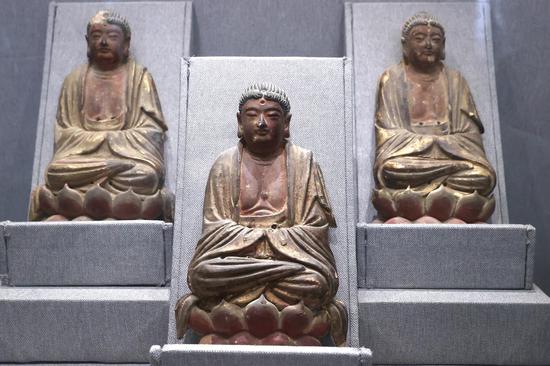

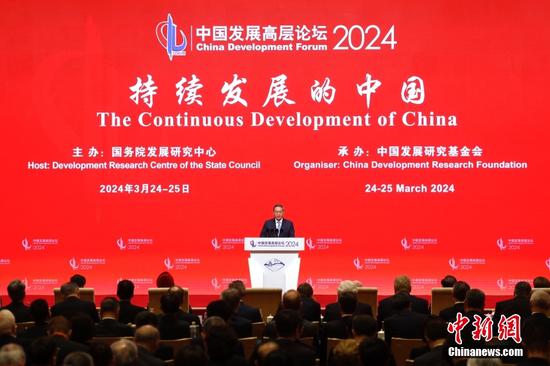
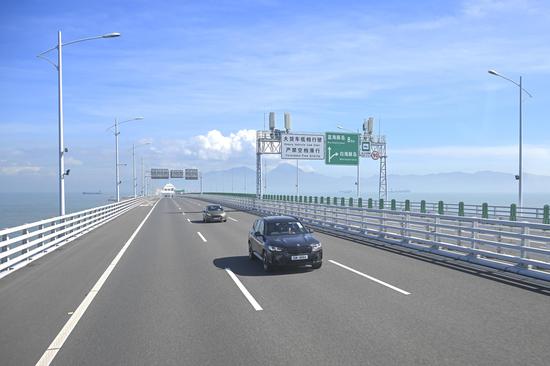
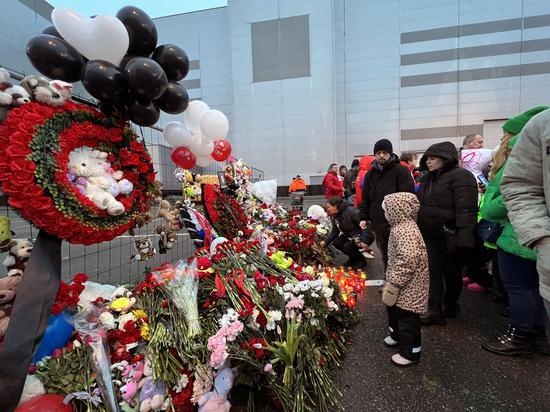

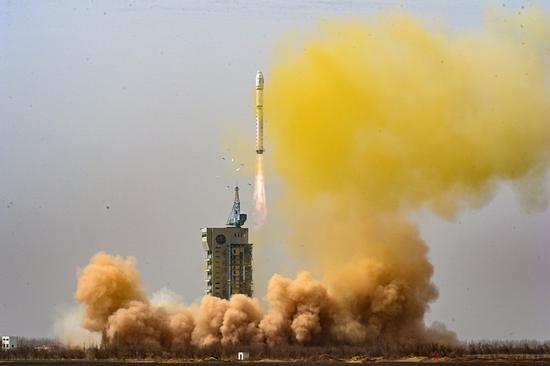

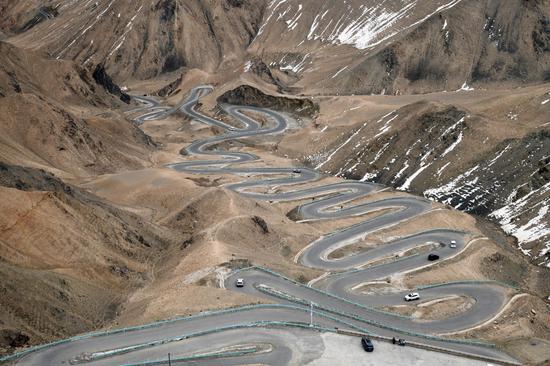
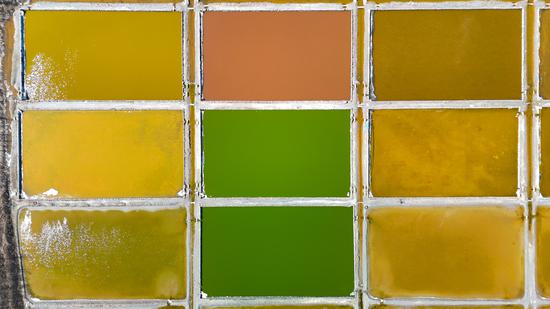
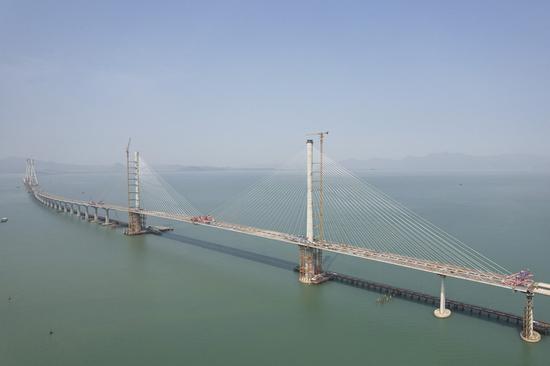

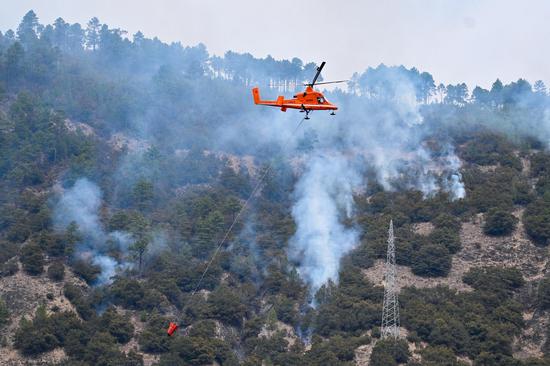

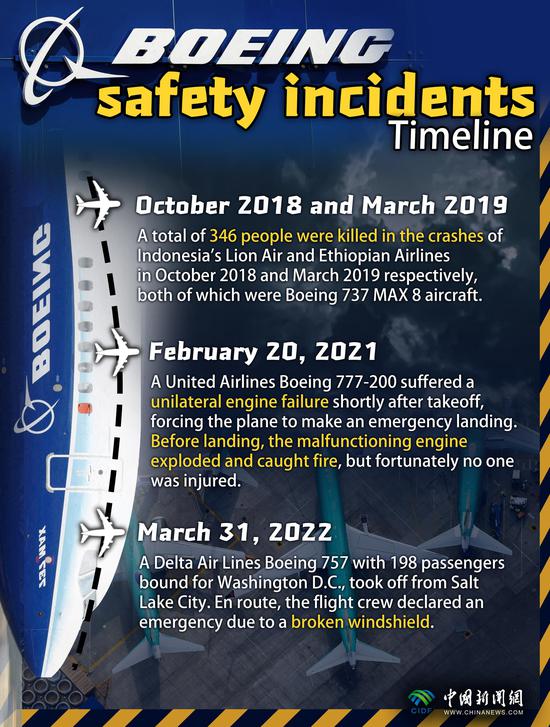
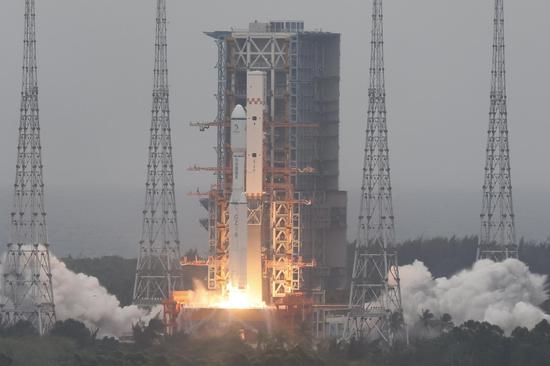


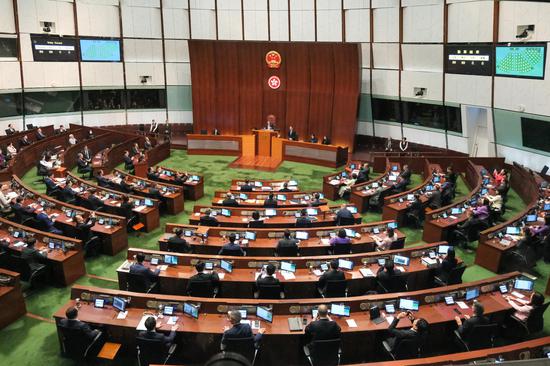






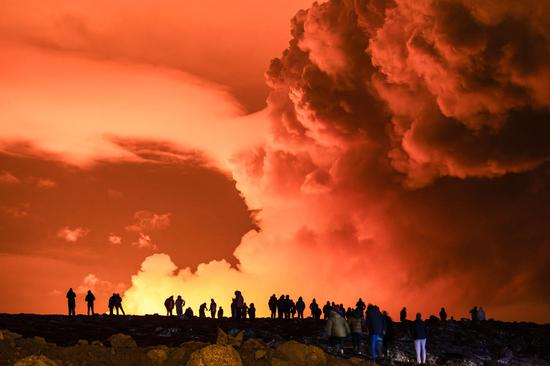
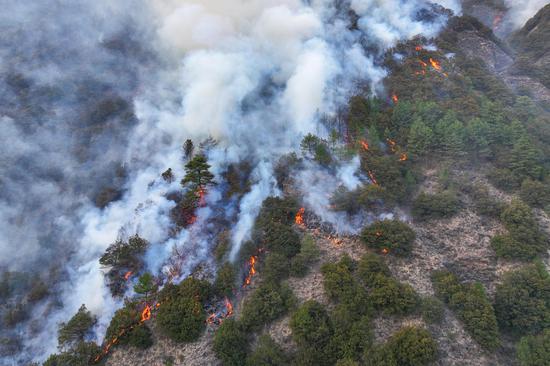
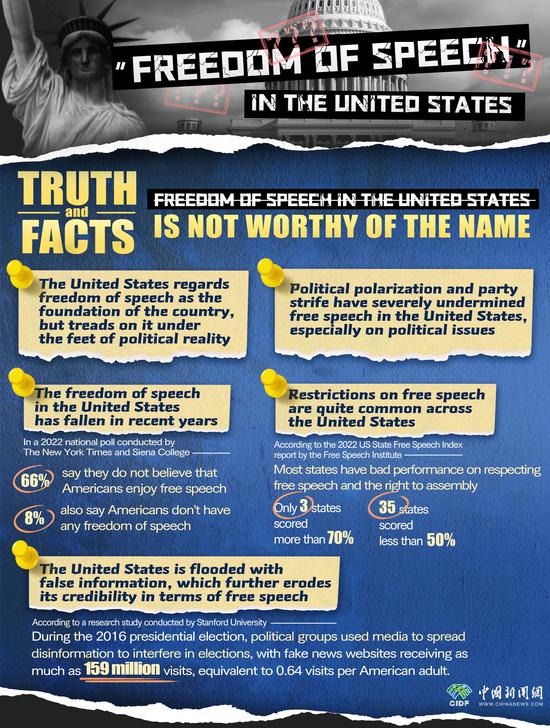
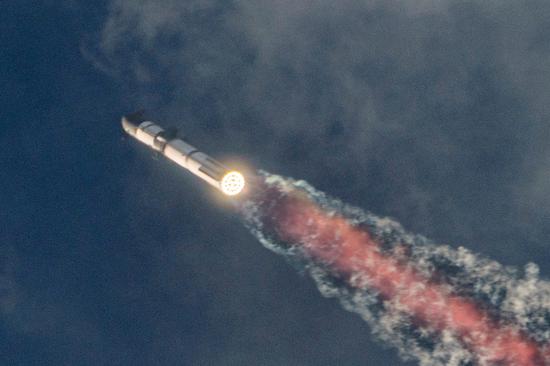


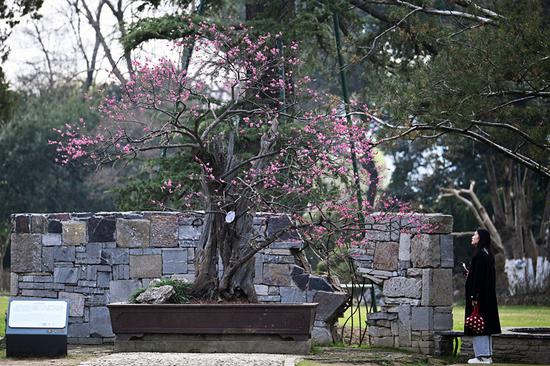
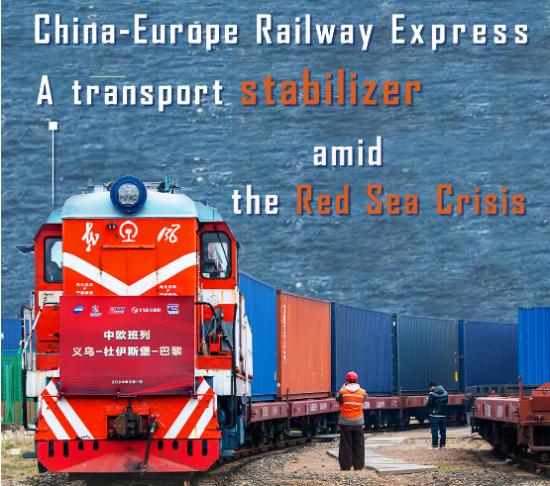








 京公网安备 11010202009201号
京公网安备 11010202009201号